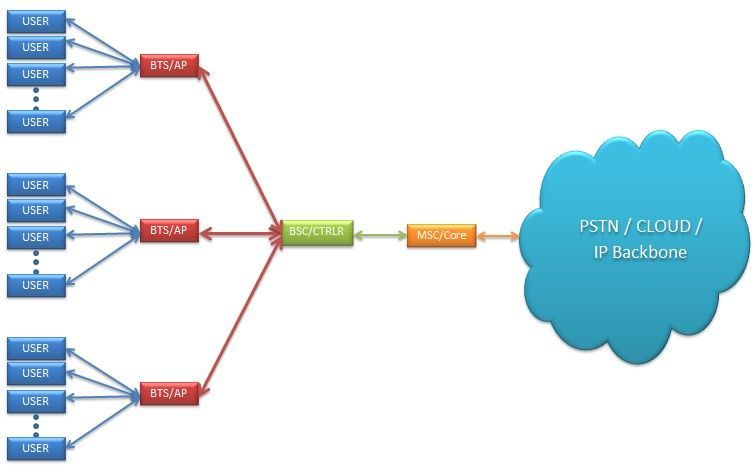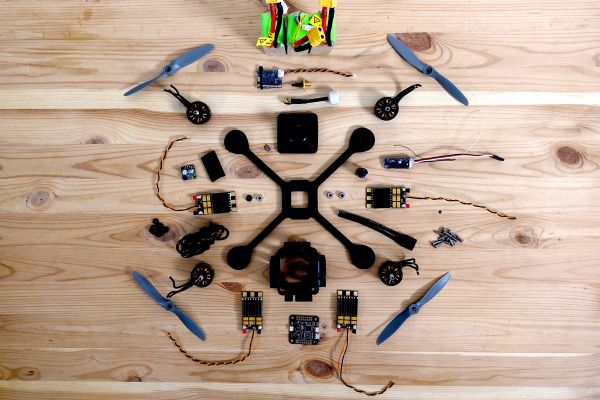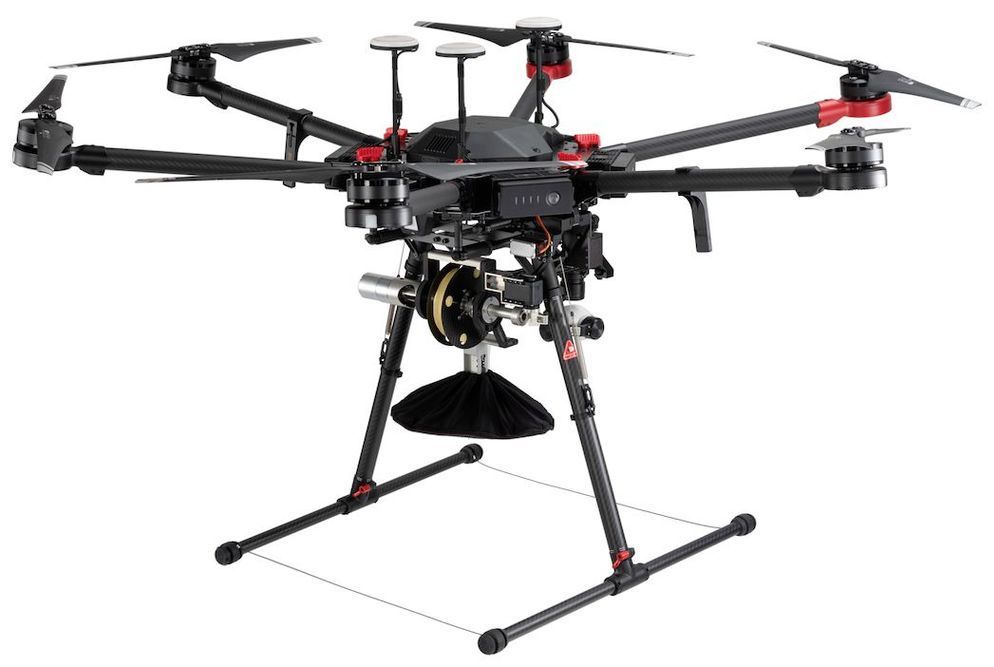Satellite communication has been serving the terrestrial network as a complementor rather than a competitor for a considerable time. The best use-case scenario is the cellular backhaul over VSAT (Very Small Aperture Terminal) to connect remotely installed BTS (Base Transceiver Station) of a cellular network through a geostationary satellite to the respective BSC (Base Station Controller) and ultimately the core network. This technology enabled MNOs (Mobile Network Operators) to increase their subscribers base in remote communities which could not be connected to their network grid through Microwave or Fibre transmission. Similar network architecture, commonly known as bent-pipe and FSS (Fixed Satellite Service), has been used by other networks requirements of ISP (Internet Service Providers), Government, Corporate, Oil & Gas, Mining sectors, where the DCE (Data Communication Equipment) and DTE (Data Terminal Equipment) are replaced from BTS and BSC to networking switches and routers.
However, all these communications are struggling to keep at par with development at terrestrial networks, and the main reason is staggering latency of around 530 milliseconds for a roundtrip of a message through the satellites at an altitude of around 37,000 kilometres, which is a big challenge for Industry 4.0 technologies. The arrival of the planned NGSO mega constellation appears to address the problem through claimed significantly lower latency of around 4 milliseconds, which is at par with fibre optics.
The integration of the networks of mega constellations with those on the ground is a complicated situation with multiple dynamics to analyse. Let us have a brief look at 4G LTE and 5G NR technology and analyse the integration for both backhaul and fronthaul interfaces through NGSO satellites with the core networks.







